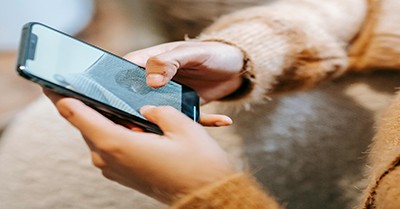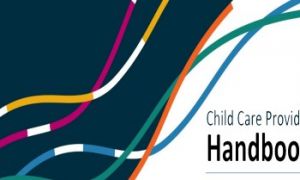A: In early childhood education and care (ECEC) settings across Australia, mobile phone use by educators is now subject to strict national reforms aimed at safeguarding children’s well-being and ensuring professional presence.
As of September 2025, here’s what applies:
Permitted Use
- During official breaks (e.g., lunch, non-contact time), educators may access personal phones, but only away from children and outside supervision duties.
- Phones must be stored securely during contact hours and set to silent or do-not-disturb mode.
Restricted Use
- No phone use while supervising or engaging with children, even during informal moments like transitions or outdoor play.
- Smartwatches with messaging or recording functions are treated like phones—notifications must be disabled.
- Photography or recording using personal devices is strictly prohibited. Only service-approved devices may be used, with written parental consent and secure storage protocols.
National Scope of Mobile Device Restrictions in ECEC
As of 1 September 2025, the Education and Care Services National Regulations require all approved providers across NSW, QLD, VIC, and other states/territories to implement policies for the safe use of digital technologies and online environments. That includes:
- Personal device restrictions for educators during contact hours
- Prohibition on using personal phones/smartwatches to photograph or record children
- Secure storage protocols for service-issued devices and media
- Clear expectations for educator conduct during supervision and engagement
These guidelines are part of a national response to child safety reviews and are supported by ACECQA, the Commonwealth Child Safe Framework, and state-specific child protection laws.
Why the Change?
These reforms follow serious child safety incidents and are part of a broader federal initiative that includes:
- Mandatory child safety training
- CCTV trials in centres
- National educator register rollout
Policy Tip for Leaders
If you're drafting or updating your service’s mobile device policy, consider aligning it with:
- NQF Quality Areas 2 & 7
- Child Safe Standards
- Digital Safety and Privacy protocols
References:
Safe Use Of Technologies And Online Environments
New Guidance On Using Electronic Devices In Early Childhood Settings







 As an Educator in Australia, your pay rate falls under the Children’s Services Award 2010. This award states the minimum amount that an employer can
As an Educator in Australia, your pay rate falls under the Children’s Services Award 2010. This award states the minimum amount that an employer can When working as a qualified Early Childhood Teacher (with a university degree) within a service, your rate of pay will come from the Educational Services
When working as a qualified Early Childhood Teacher (with a university degree) within a service, your rate of pay will come from the Educational Services When working as a Diploma Qualified Educator your pay rate is from the Children's Services Award 2010. This Award states your minimum rate of pay
When working as a Diploma Qualified Educator your pay rate is from the Children's Services Award 2010. This Award states your minimum rate of pay When working as a Cert 3 Qualified Educator, your pay rate is from the Children's Services Award 2010. This Award states your minimum rate of
When working as a Cert 3 Qualified Educator, your pay rate is from the Children's Services Award 2010. This Award states your minimum rate of Educational Leaders play a crucial role in their early childhood service by ensuring that the educational program aligns with best practices and supports the holistic
Educational Leaders play a crucial role in their early childhood service by ensuring that the educational program aligns with best practices and supports the holistic In early childhood education and care, ratios are more than a technicality—they are a frontline safeguard. Every child deserves responsive supervision, emotional connection, and developmental
In early childhood education and care, ratios are more than a technicality—they are a frontline safeguard. Every child deserves responsive supervision, emotional connection, and developmental With the new national child safety reforms kicking in on 1 September 2025, early childhood services like yours have a real opportunity to lead the
With the new national child safety reforms kicking in on 1 September 2025, early childhood services like yours have a real opportunity to lead the Here’s a comprehensive Mobile Phone and Smart Watch Policy tailored for early childhood education and care (ECEC) services in Australia, aligned with the latest 2025
Here’s a comprehensive Mobile Phone and Smart Watch Policy tailored for early childhood education and care (ECEC) services in Australia, aligned with the latest 2025 The Sea of Fish Challenge is a national initiative that invites children, educators, families, and communities to create and display fish artworks as a symbol
The Sea of Fish Challenge is a national initiative that invites children, educators, families, and communities to create and display fish artworks as a symbol Across the early childhood education and care sector, educators are sounding the alarm: current staffing ratios are insufficient to deliver safe, meaningful, and developmentally appropriate
Across the early childhood education and care sector, educators are sounding the alarm: current staffing ratios are insufficient to deliver safe, meaningful, and developmentally appropriate


